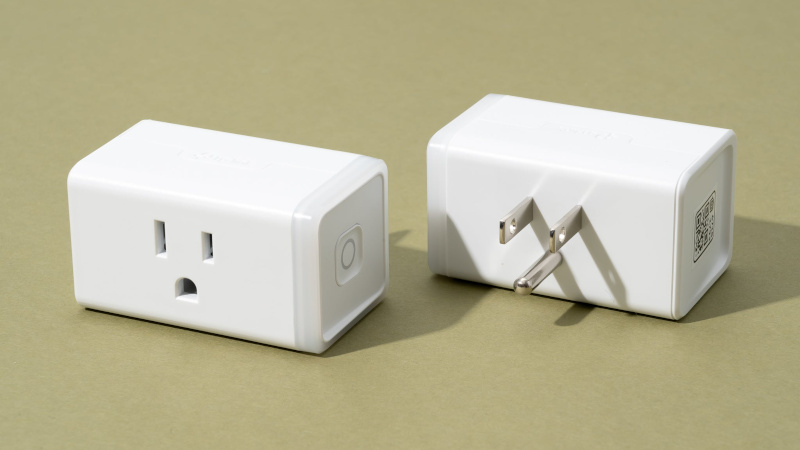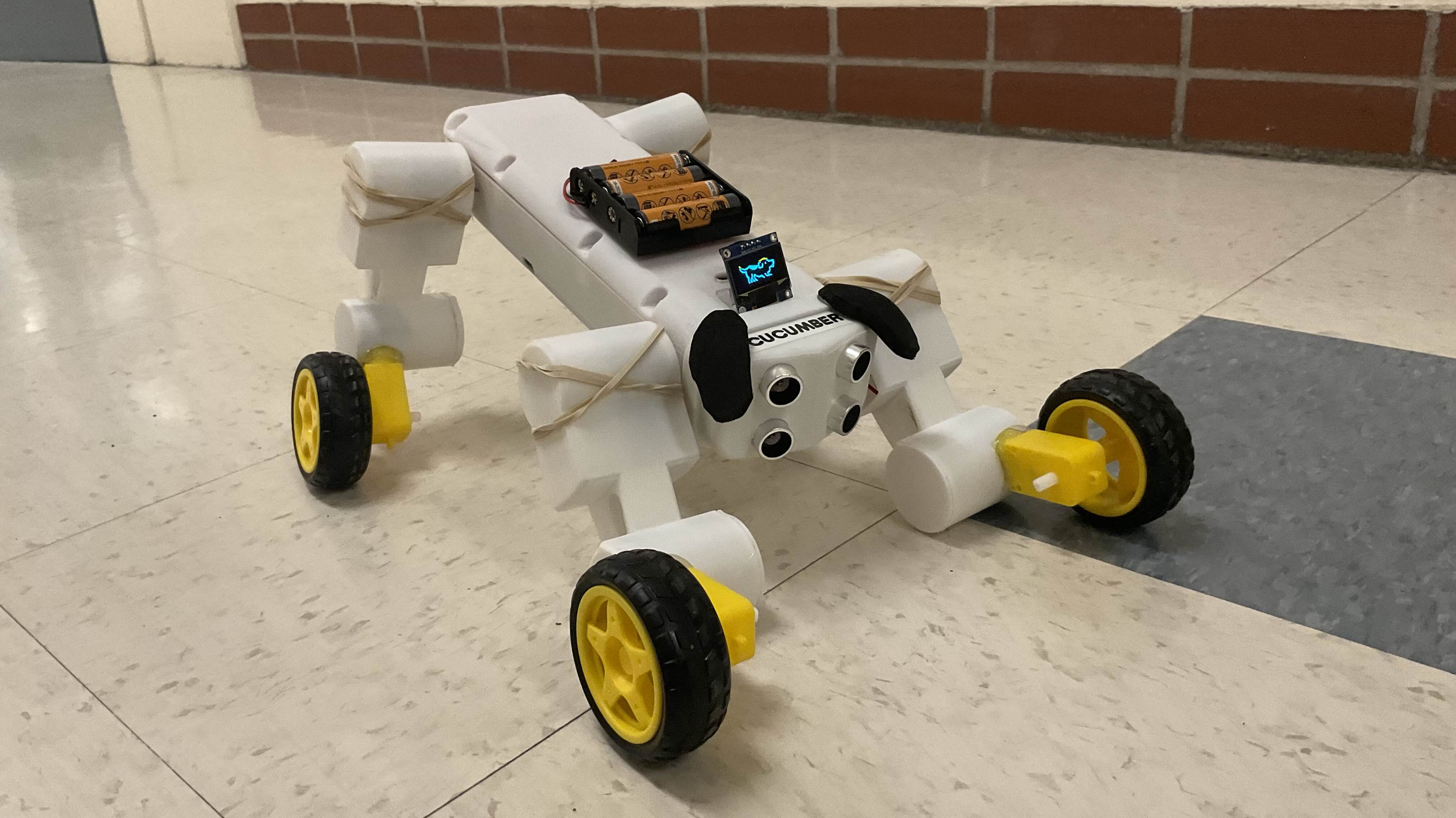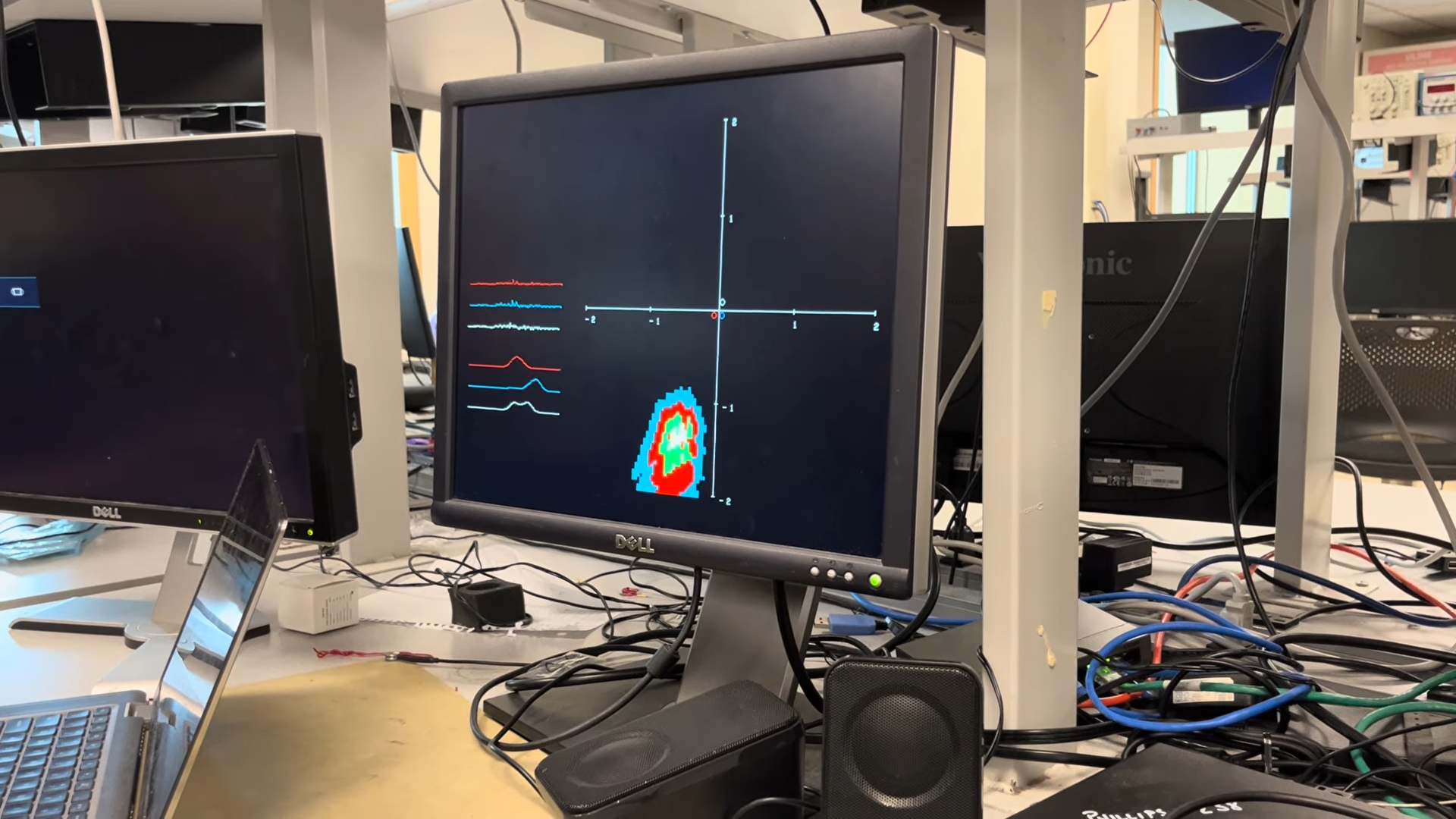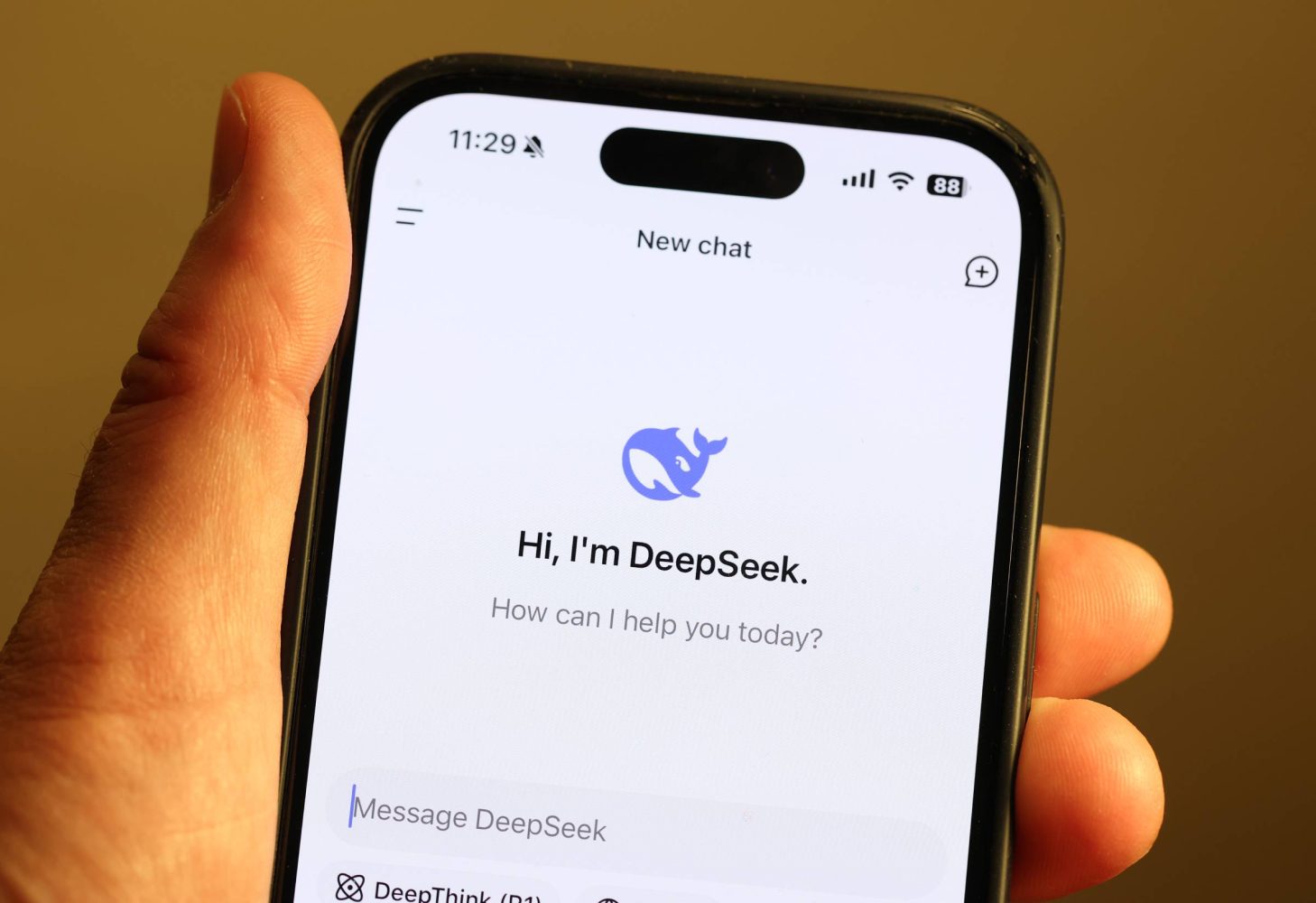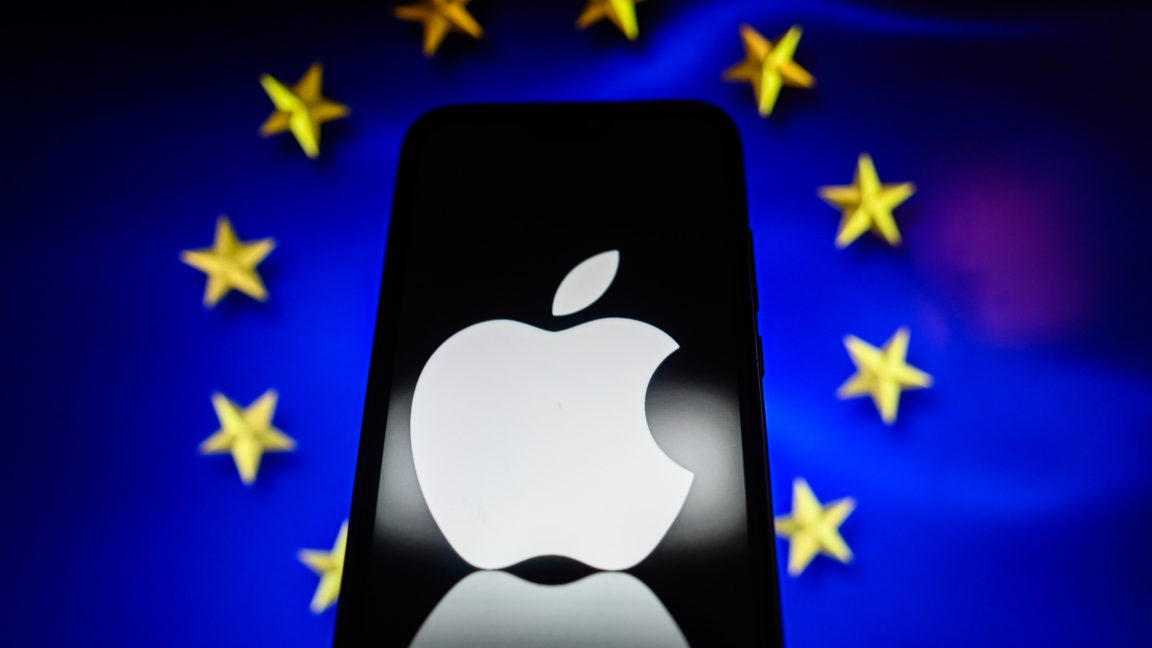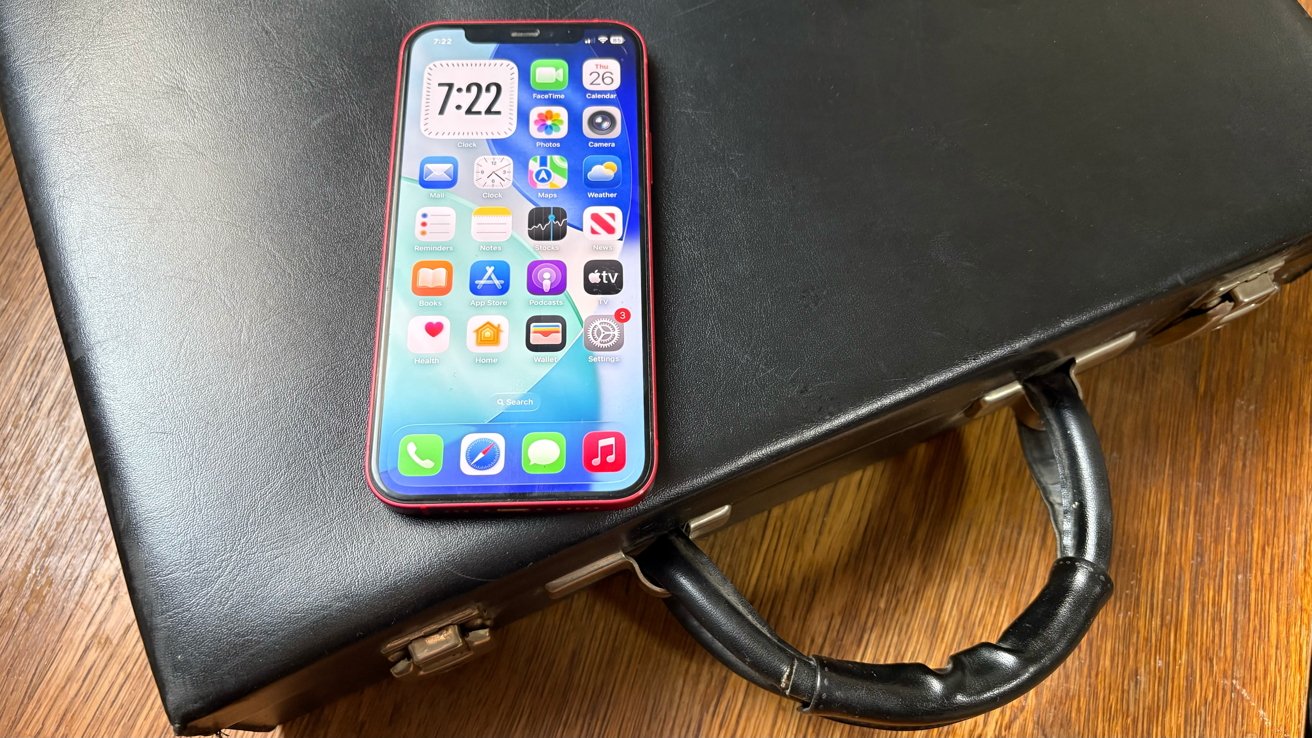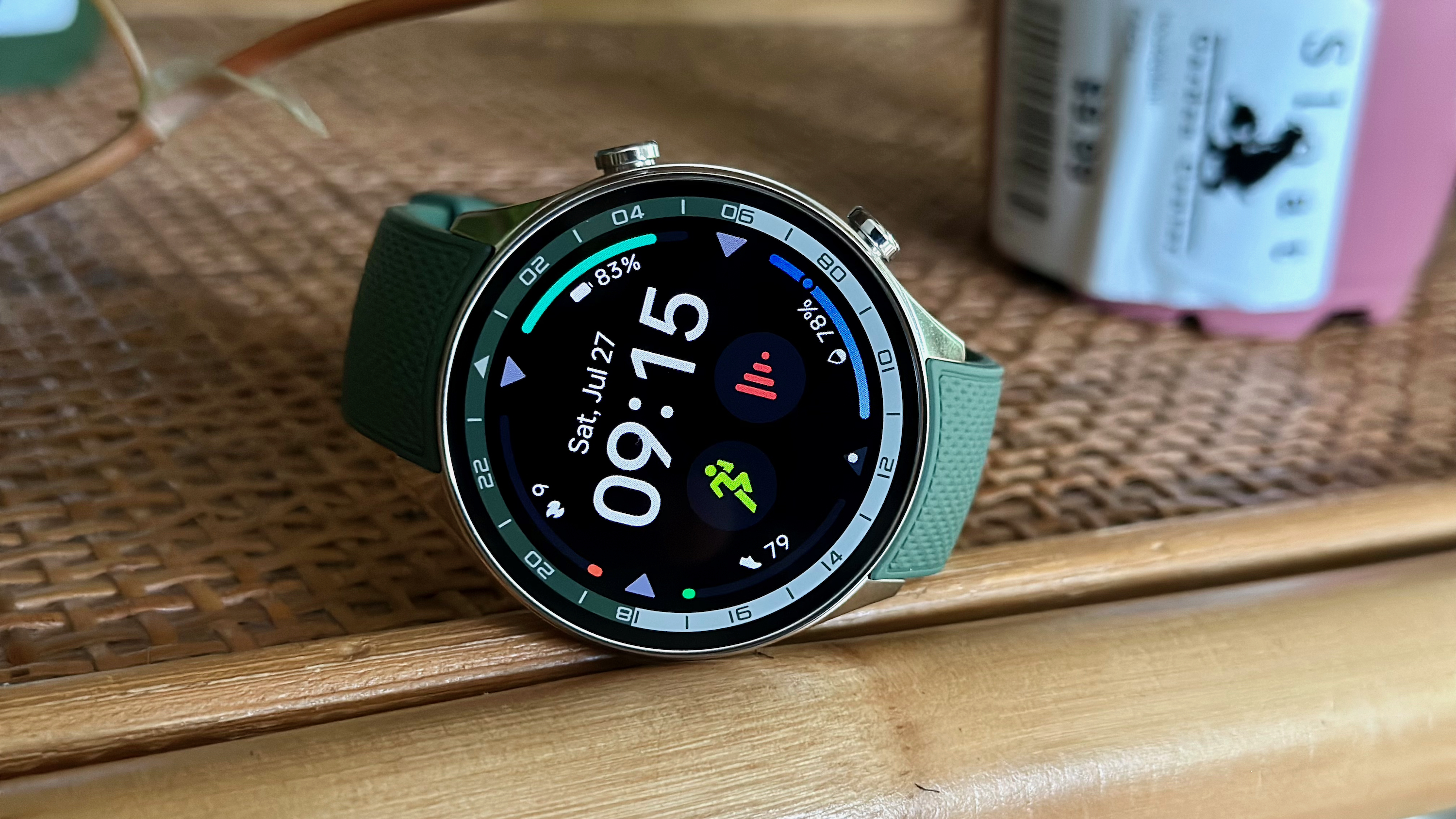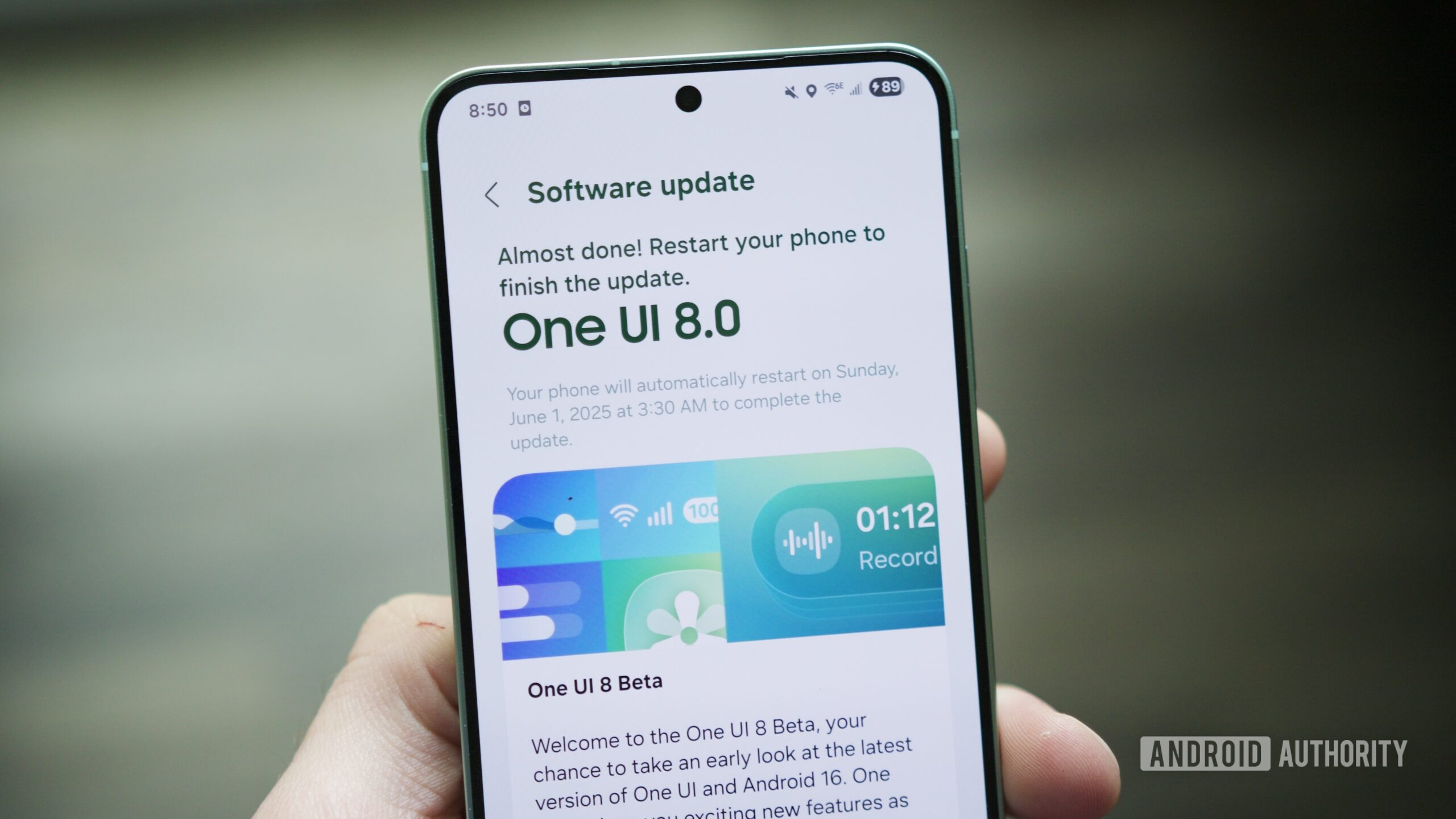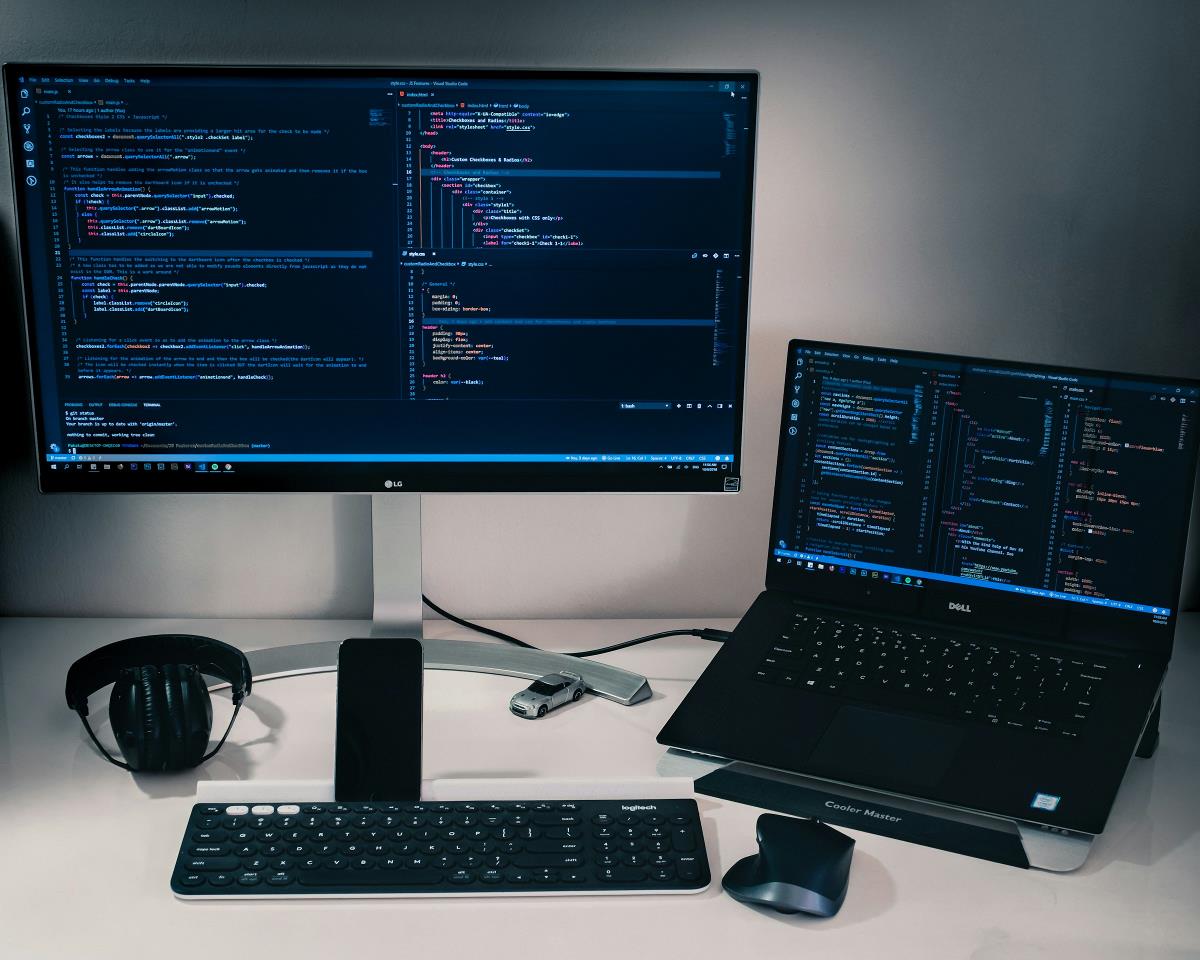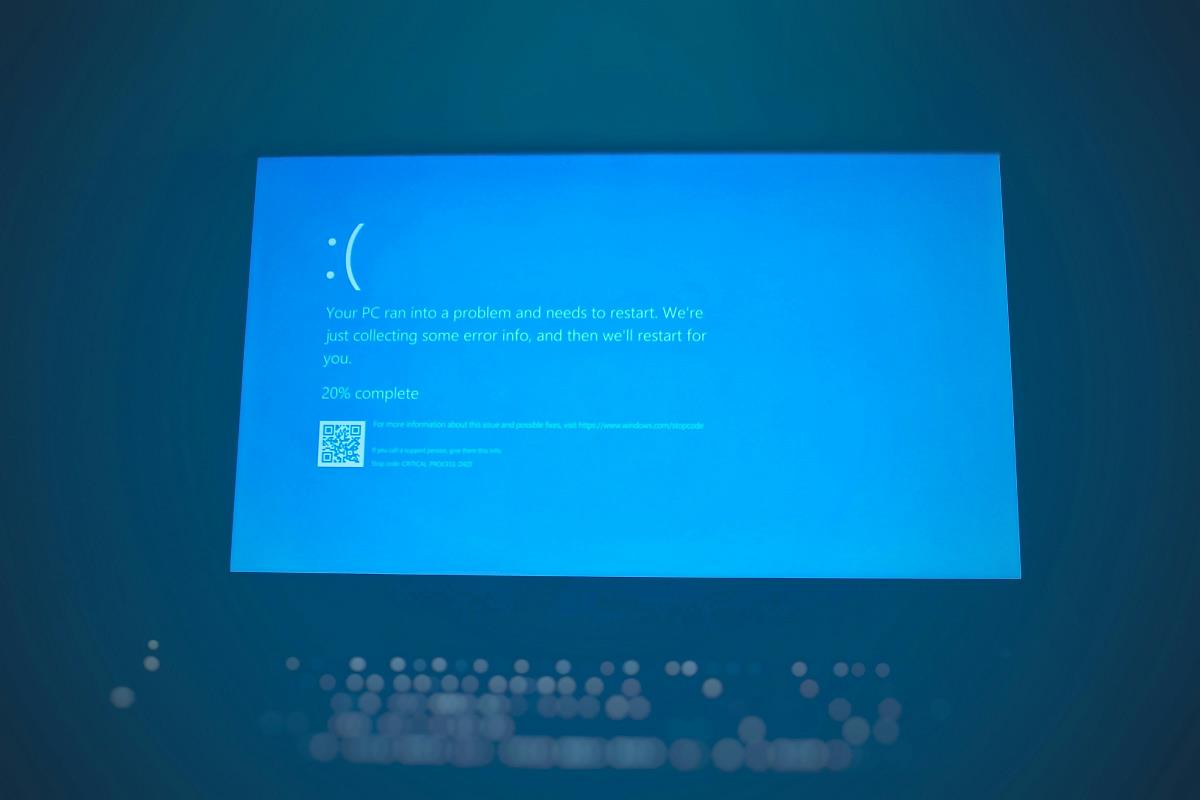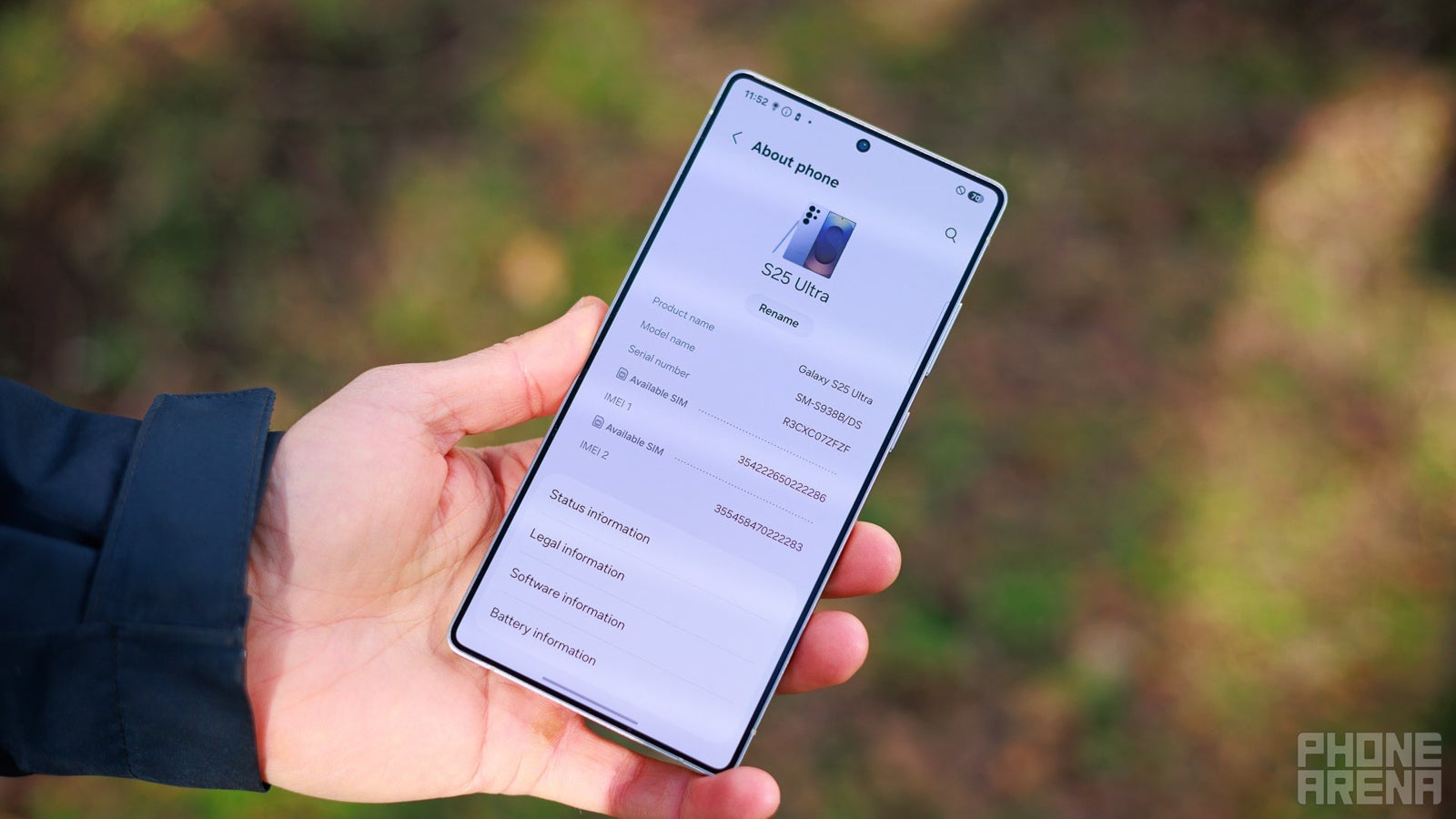The Download: how to clean up AI data centers, and weight-loss drugs’ side effects
This is today’s edition of The Download, our weekday newsletter that provides a daily dose of what’s going on in the world of technology. This battery recycling company is now cleaning up AI data centers In a sandy industrial lot outside Reno, Nevada, rows of battery packs that once propelled electric vehicles are now powering a small…

This is today’s edition of The Download, our weekday newsletter that provides a daily dose of what’s going on in the world of technology.
This battery recycling company is now cleaning up AI data centers
In a sandy industrial lot outside Reno, Nevada, rows of battery packs that once propelled electric vehicles are now powering a small AI data center.
Redwood Materials, one of the US’s largest battery recycling companies, showed off this array of energy storage modules, sitting on cinder blocks and wrapped in waterproof plastic, during a press tour at its headquarters on June 26.
The event marked the launch of the company’s new business line, Redwood Energy, which will initially repurpose (rather than recycle) batteries with years of remaining life to create renewable-powered microgrids. Such small-scale energy systems can operate on or off the larger electricity grid, providing electricity for businesses or communities. Read the full story.
—James Temple
We’re learning more about what weight-loss drugs do to the body
Weight-loss drugs are this decade’s blockbuster medicines. Drugs like Ozempic, Wegovy, and Mounjaro help people with diabetes get their blood sugar under control and help overweight and obese people reach a healthier weight. And they’re fast becoming a trendy must-have for celebrities and other figure-conscious individuals looking to trim down.
They became so hugely popular so quickly that not long after their approval for weight loss, we saw global shortages of the drugs. Prescriptions have soared over the last five years, but even people who don’t have prescriptions are seeking these drugs out online.
We know they can suppress appetite, lower blood sugar, and lead to dramatic weight loss. We also know that they come with side effects, which can include nausea, diarrhea, and vomiting. But we are still learning about some of their other effects. Read the full story.
—Jessica Hamzelou
This article first appeared in The Checkup, MIT Technology Review’s weekly biotech newsletter. To receive it in your inbox every Thursday, and read articles like this first, sign up here.
The must-reads
I’ve combed the internet to find you today’s most fun/important/scary/fascinating stories about technology.
1 The Supreme Court has paved the way to defund Planned Parenthood
By allowing South Carolina to block the organization from its Medicaid program. (WP $)
+ Other red states are likely to follow suit. (CNN)
+ Planned Parenthood may be able to challenge the ban under state law. (Politico)
2 Iran is back online
The country appeared to cut connectivity in a bid to thwart foreign attacks. (Economist $)
3 ICE is using a new facial recognition app
It’s capable of recognizing someone from their fingerprints, too. (404 Media)
+ How a new type of AI is helping police skirt facial recognition bans. (MIT Technology Review)
4 Denmark has a potential solution for malicious deepfakes
By giving its residents copyright to their own body, facial features, and voice. (The Guardian)
+ An AI startup made a hyperrealistic deepfake of me that’s so good it’s scary. (MIT Technology Review)
5 Impossible Foods wants to bring its plant-based burgers to Europe  Read More
Read More




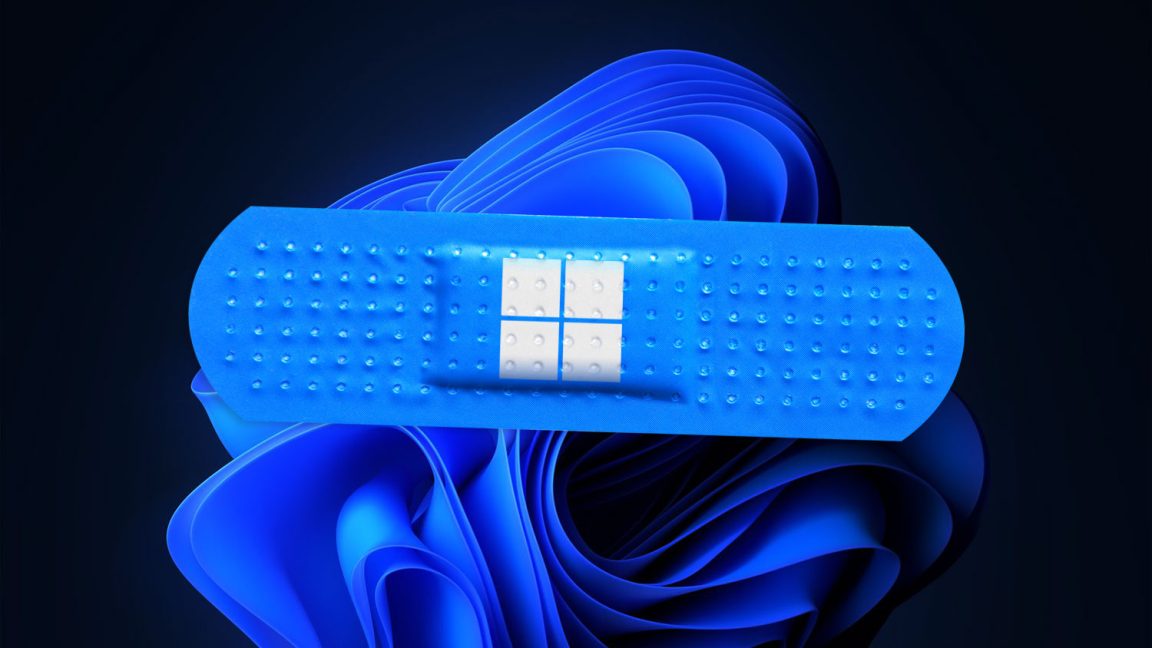
























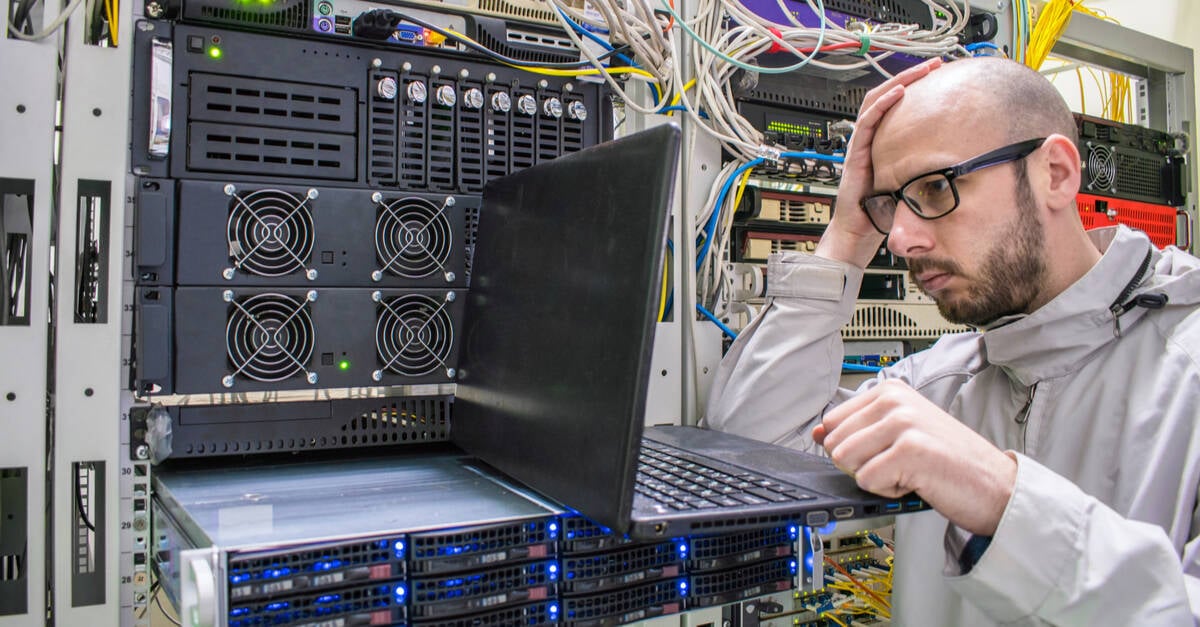
































































































































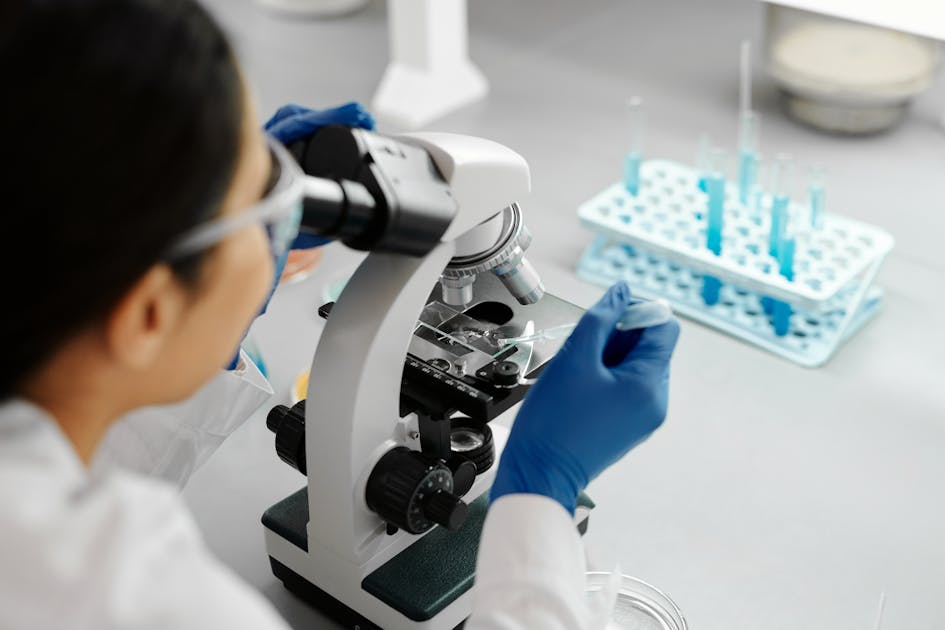















![[The AI Show Episode 156]: AI Answers - Data Privacy, AI Roadmaps, Regulated Industries, Selling AI to the C-Suite & Change Management](https://www.marketingaiinstitute.com/hubfs/ep%20156%20cover.png)
![[The AI Show Episode 155]: The New Jobs AI Will Create, Amazon CEO: AI Will Cut Jobs, Your Brain on ChatGPT, Possible OpenAI-Microsoft Breakup & Veo 3 IP Issues](https://www.marketingaiinstitute.com/hubfs/ep%20155%20cover.png)







































































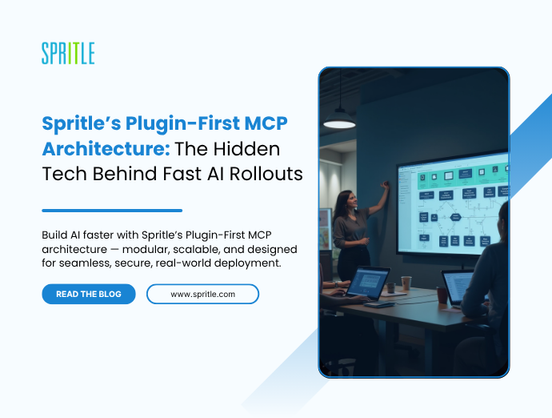
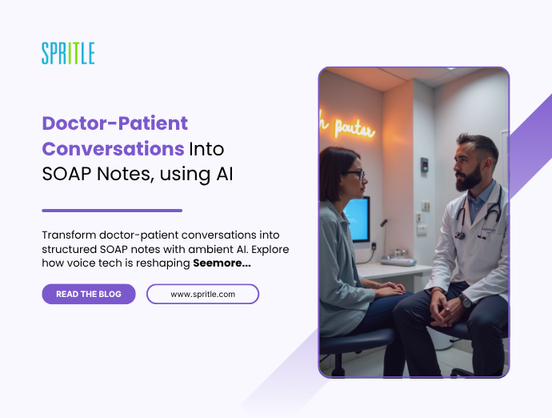



































































































































































.jpg?width=1920&height=1920&fit=bounds&quality=70&format=jpg&auto=webp#)
























_Michael_Burrell_Alamy.jpg?width=1280&auto=webp&quality=80&disable=upscale#)






















































